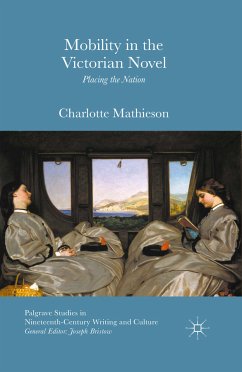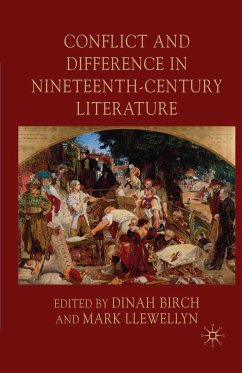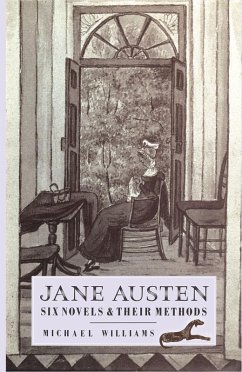
Literature and Religion in Mid-Victorian England (eBook, PDF)
From Dickens to Eliot
Versandkostenfrei!
Sofort per Download lieferbar
40,95 €
inkl. MwSt.
Weitere Ausgaben:

PAYBACK Punkte
20 °P sammeln!
This book places Dickens and Wilkie Collins against such important figures as John Henry Newman and George Eliot in seeking to recover their response to the religious controversies of mid-nineteenth century England. While much recent criticism has tended to overlook or dismiss their religious pronouncements, this book foregrounds the religious aspect of their writing and relocates their most important work in the context of contemporary debate. The response of both writers is seen to be complex and fraught with tension.
Dieser Download kann aus rechtlichen Gründen nur mit Rechnungsadresse in A, B, BG, CY, CZ, D, DK, EW, E, FIN, F, GR, HR, H, IRL, I, LT, L, LR, M, NL, PL, P, R, S, SLO, SK ausgeliefert werden.












